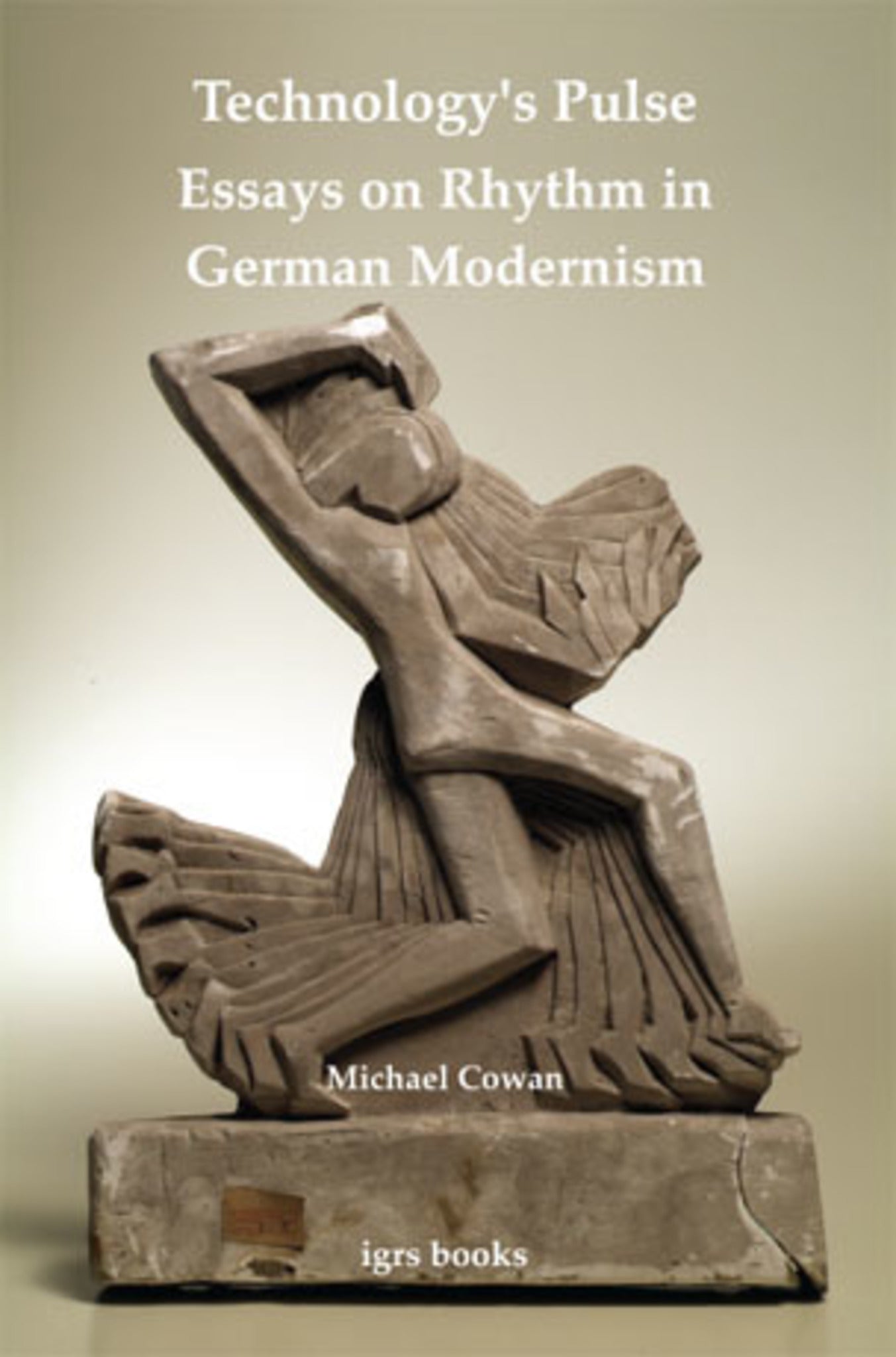We're sorry. An error has occurred
Please cancel or retry.
Technology's Pulse: Essays on Rhythm in German Modernism

Some error occured while loading the Quick View. Please close the Quick View and try reloading the page.
Couldn't load pickup availability
- Format:
-
16 December 2011

Modernity, as has often been observed, was fundamentally concerned with questions of temporality. The period around 1900, in particular, witnessed numerous efforts to define, discipline or 'liberate' temporal experience. Within this broader framework of thinking about temporality, 'rhythm' came to form the object of an intense and widespread preoccupation. Rhythmical research played a central role not only in the reconceptualisation of human physiology and labour in the late nineteenth century, but also in the emergence of a new leisure culture in the early twentieth. The book traces the ways in which notions of 'rhythm' were mobilised both to conceptualise modernity (narrate its origins and prescribe its directions) and, in particular, to forge a new understanding of temporal media that came to mark the mass-mediated experience of the 1920s: a conception of artistic media as mediators between the organic and the rational, the time of the body and that of the machine.
Michael Cowan is Associate Professor of German and World Cinemas at McGill University. He is the author of Cult of the Will: Nervousness and German Modernity (2008), as well as several articles and collections on German literature, film, media and cultural history.

Cultural studies

List of Illustrations
- Introduction: Rhythm and the Mediation of Modern Experience
- Poetry for Restless Times: Rhythm and Urban Experience in the Work of Gerrit Engelke (1890–1918)
- Cinema as ‘Heart Machine’: Rhythm and the Ordering of Nature in Weimar Film
- The Compulsory Power of Resonance: Rhythm, Attention and the Weimar Advertising Film
- Surviving the Rhythms of America: Jazz and the Fantasy of Technological Mastery
- Epilogue – Rhythm and Moving Image Media: Some Afterthoughts
Bibliography



